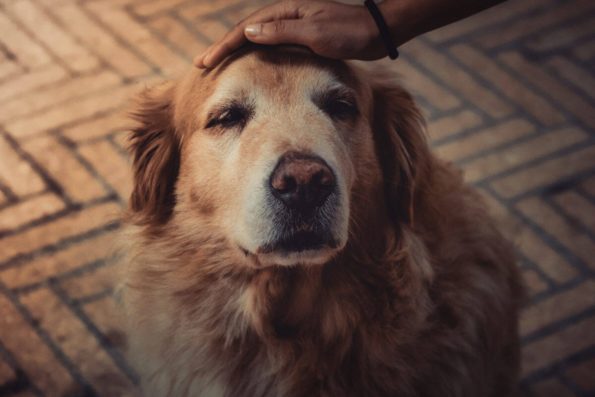
Getting old is hard. It’s even harder for our dogs and cats because their lifespan is so much shorter than a person’s. Even though you may always think of your pet as a puppy or a kitten, eventually the day will come when you notice they’re beginning to move a little slower. Their face may become gray and they may begin to sleep a lot more. So how can you best care for aging cats and dogs? Here are a few tips to make sure your senior dog or cat has the best quality of life possible in their golden years.
Senior-proof your home
With old age comes arthritis and other mobility issues. Your dog or cat may not be able to get around as easily as they once could and jumping up and down on furniture around your house could actually cause injury to your senior pet. You need to accommodate that by senior-proofing your home. That means you may need to get some ramps or stairs to help your pet get up onto furniture. Place orthopedic pet beds around the house in places that are easily accessible to your pet. Place rugs in areas of your home that are slippery so your pet doesn’t slip and fall. Keep food and water in easy to reach places and if your dog or cat experiences vision loss, make sure they’re able to see the food and water. Dog or cat dehydration can set in quickly, especially in older pets, so take extra care to ensure your pet is drinking.
Take care of your pet’s teeth
Dental health is very important for both people and pets. Your pet’s teeth are even more important as they get older because unhealthy teeth and gums can cause serious health issues. Regular veterinary visits will help catch any dental related issues early, before they become severe. When pets get dental work done, they are put under sedation. As your pet ages, being put under sedation can be risky. The best option is to avoid dental sedation by keeping your pet’s teeth as healthy as possible.
Feed your pet a healthy diet
As your dog or cat ages, the diet you feed them becomes even more important. Your pet may begin to experience difficulty chewing or they may lose their appetite. They may also become more prone to gastrointestinal issues like diarrhea and constipation. Adjust your pet’s diet to accommodate any age-related changes they are experiencing.
Keep your pet active
As your pet grows older, keeping their body and their mind active is so important. Continue to take your dog on regular walks and spend time playing with your cat to keep them moving. Some pet parents take their dogs swimming as a form of exercise that also helps ease the symptoms of arthritis. You can also play DIY brain games with your pet to make sure they are stimulated and their mind stays sharp.
Schedule regular veterinary check ups
The key to caring for your dog or cat in their senior years is to catch and treat health issues early. Regular veterinary visits will ensure your pet is feeling their best as they begin to age. Your pet may need additional blood tests or medical procedures that were not necessary in their younger years. Spend extra time monitoring your dog or cat and if you notice changes or if they’re experiencing discomfort, ask your veterinarian for guidance.
Although caring for a senior pet may mean a little extra work, your pet has spent years of their life showing you love and you can return the favor by ensuring they’re able to age with the dignity and grace they deserve.
